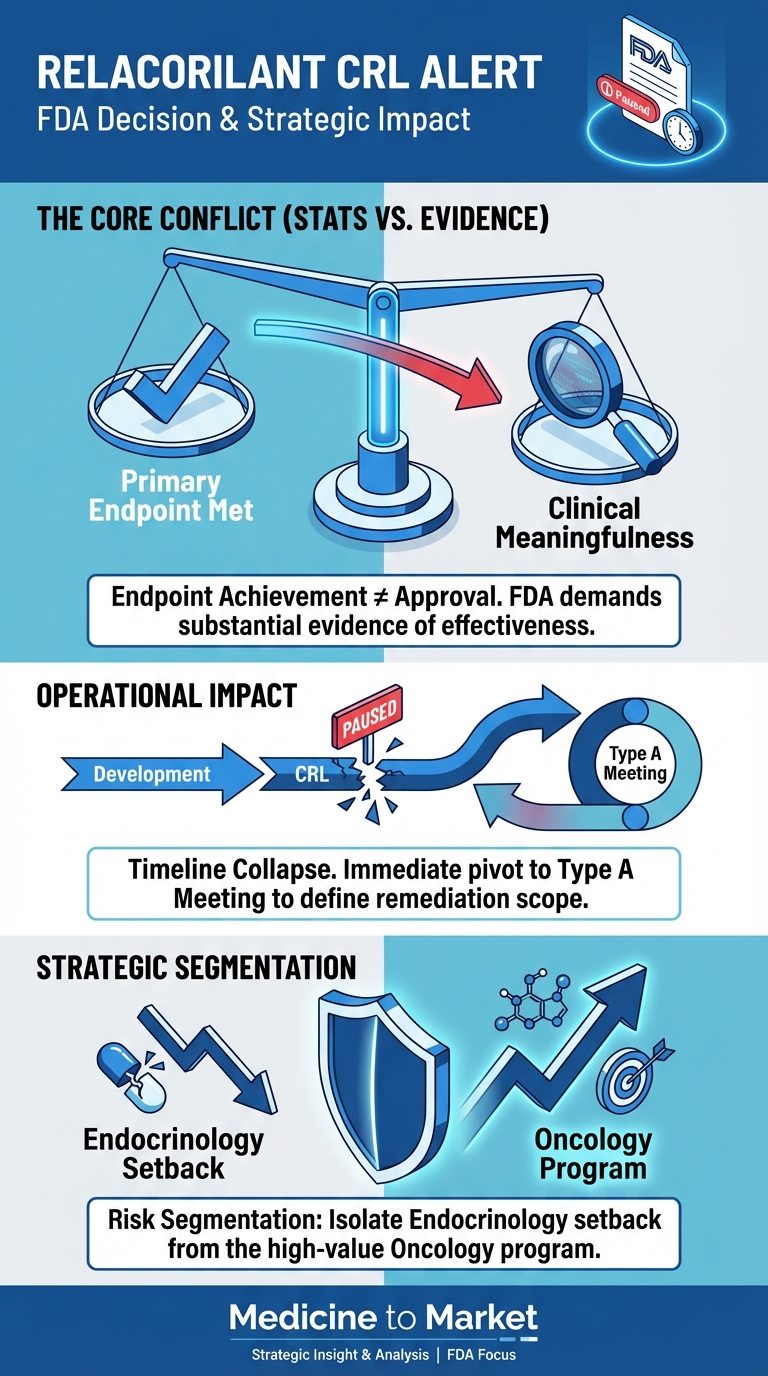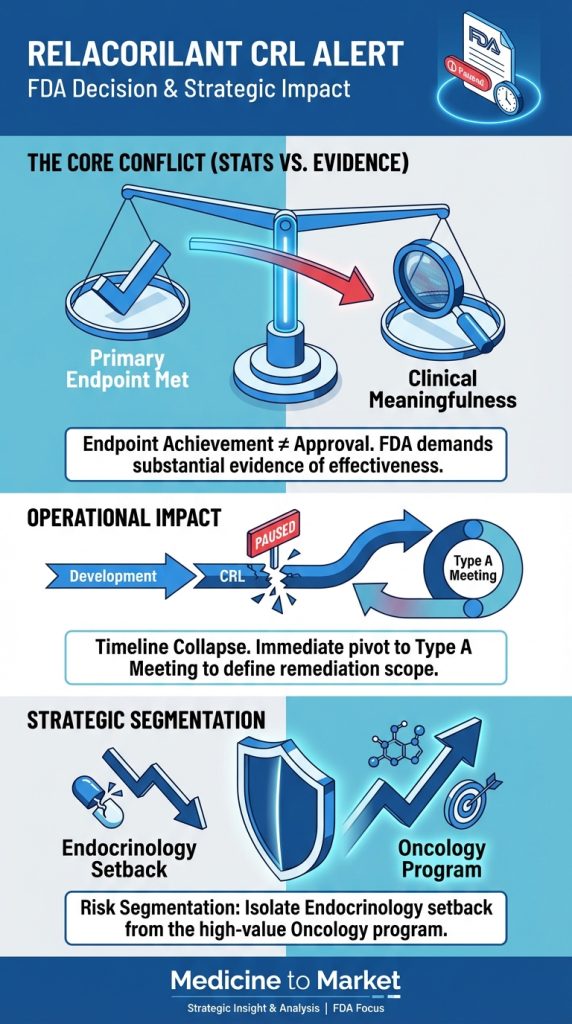On May 22, 2025, the FDA’s Vaccines and Related Biological Products Advisory Committee (VRBPAC) convenes to deliberate the future of COVID-19 vaccine boosters, aimed at refining formulations for the looming fall and winter seasons.
This pivotal meeting will guide recommendations on which coronavirus variants vaccine manufacturers should prioritize for their booster shots.
Although the FDA often adheres to the advisory committee’s suggestions, these recommendations are not mandatory, indicating an area ripe for debate.
The backdrop of this meeting is particularly striking given recent leadership changes within the Department of Health and Human Services.
The appointment of Vinay Prasad as the new director of the Center for Biologics Evaluation and Research (CBER) has stirred discussions in the biotech community, as Prasad has been vocally critical of the FDA’s previous vaccine strategies.
Observers anticipate that his influence could steer the agency towards a more stringent and cautious approach regarding COVID-19 vaccine recommendations.
In tandem with these leadership shifts, the FDA is moving towards a tougher approval framework for vaccines.
The agency recently postponed the review process for Novavax’s protein-based vaccine, citing the need for extra studies and possibly randomized controlled trials—a notable departure from past practices where changes to vaccine formulations were often approved without extensive testing.
Additionally, the FDA’s request for more comprehensive data from Moderna regarding its flu and COVID-19 combination vaccine signals an escalation in regulatory oversight, marking a clear pivot in the agency’s approach to vaccine evaluation and approval.

Key Takeaways
- The FDA’s meeting on May 22, 2025, will focus on updating COVID-19 vaccine boosters targeting specific variants.
- New leadership at the FDA may bring about a more stringent approach to vaccine approvals and recommendations.
- Increased regulatory oversight is evident as the FDA demands additional studies before approving new vaccine formulations.
Overview of the FDA’s Meeting Agenda and Goals
On May 22, 2025, the FDA’s Vaccines and Related Biological Products Advisory Committee is set to convene to evaluate and recommend updates to COVID-19 vaccine formulations, primarily focusing on booster shots for the impending fall and winter seasons.
With the ongoing evolution of the virus, the committee’s objective is to determine which specific coronavirus variants vaccine manufacturers should prioritize in their booster formulations.
Although the FDA generally respects the advisory committee’s recommendations, it remains important to note that these suggestions are not legally binding, leaving room for the agency to make independent decisions.
The backdrop to this meeting is particularly noteworthy, marked by heightened scrutiny within the Department of Health and Human Services (HHS), especially with the recent appointment of Dr.
Vinay Prasad as the director of the Center for Biologics Evaluation and Research.
Dr.
Prasad has been known for his critical stance on the FDA’s previous vaccine policies, potentially ushering in a phase characterized by a more cautious and stringent approach to vaccine recommendations.
Additionally, the FDA’s recent actions appear to signal a shift towards a more rigorous regulatory landscape.
In a striking example, the agency has postponed the review of Novavax’s protein-based vaccine, demanding further studies which may include randomized controlled trials, thereby raising the standards for vaccine approvals.
Historically, updates to vaccine formulations, akin to those implemented for seasonal flu shots, were conducted with relative expedience without the need for comprehensive trials.
Such a shift was further emphasized by the FDA’s request for more extensive data from Moderna regarding its combined influenza and COVID-19 vaccine, reinforcing the notion of increased regulatory oversight amid evolving public health challenges.
Implications of Leadership Changes and Stricter Approval Processes
The implications of leadership changes and evolving approval processes within the FDA hold substantial significance for biotech executives, particularly in light of the recent appointment of Dr.
Vinay Prasad.
His tenure is poised to challenge established paradigms, potentially fostering a new culture of caution in evaluating vaccine efficacy and safety.
As regulators grapple with the ramifications of emerging coronavirus variants, the desire for a more evidence-based approach to vaccine recommendations is becoming paramount.
This shift is not merely procedural; it reflects a broader trend towards accountability in public health decision-making—a response to past critiques regarding vaccine authorizations and usage.
Furthermore, the imposition of stricter requirements for clinical trials not only affects deadlines for vaccine rollout but could also influence public and market perception of vaccine credibility.
For biotech firms, understanding these changing dynamics is essential; companies may need to recalibrate their development timelines and resource allocation strategies to align with the new regulatory landscape, ensuring they remain competitive while adhering to heightened standards.















